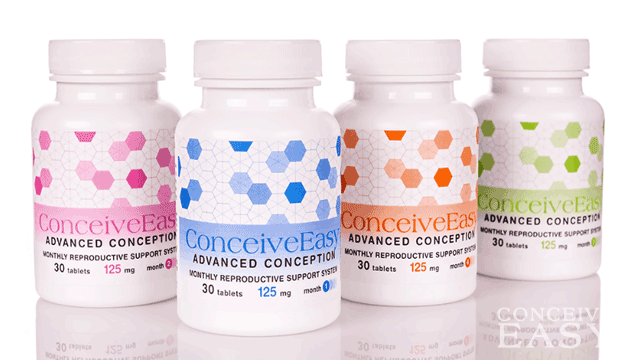![]() The information provided by our expert should not constitute a diagnosis of your condition. Always consult a medical practitioner or healthcare provider for a formal diagnosis. By making use of this content, you agree that ConceiveEasy and the expert assume no liability.
The information provided by our expert should not constitute a diagnosis of your condition. Always consult a medical practitioner or healthcare provider for a formal diagnosis. By making use of this content, you agree that ConceiveEasy and the expert assume no liability.

When you want to get pregnant and it comes down to time to use fertility drugs, it can be a very difficult and confusing time. Fertility treatments and fertility drugs are not cheap, and you want to make sure that you are getting the most bang for your buck. You also want to make sure that you are taking the very best drug for your particular case so that you can have the best possible results and get pregnant as fast as possible. So, what is the best fertility drug out there to help women get pregnant? Claim Your 20 Free Pregnancy Tests – Click Here

Clomid is, without a doubt, the most popular fertility medication in the United States. Clomid has been around and been used for more than 30 years in the fertility world, and there is a reason why it is still going strong. It is one of the most powerful and potent fertility drugs on the market. Clomid is also known as Clomiphene, and it is a medication used to induce ovulation. No more, no less.
Clomid does not get you pregnant, it simply helps women who have problems ovulating so that they can get pregnant more easily. Clomid does not have many side effects, and the side effects it does have are mild and mimic pregnancy symptoms, so they are easily tolerated. Some of the most common side effects associated with Clomid are weight gain, headaches, nausea, fatigue and swollen, tender breasts. There many also be some stomach cramping.

Clomid is a great choice because it is an extremely effective medication. It stimulates ovulation more than 80 percent of the time that it is used. Clomid is an oral medication, not an injection, which makes it easier to take and also cheaper on the patient. Clomid is usually started on days 3 through 7 of a woman’s cycle, or days 5-9 of a woman’s cycle. The usual dose of Clomid is 50 mg to start, although some doctors will increase the dose as time goes on if it does not seem to be working. Clomid is usually not used for more than six consecutive cycles. If it doesn’t work after this time frame, doctors will usually move on to other options, like injectable gonadotropins. Clomid is very successful, however, in most cases.
Like we mentioned earlier, more than 80 percent of women who take Clomid will begin to ovulate within six cycles. This, along with following the tips to get pregnant, will help boost your chances of conceiving. Around 40 to 45% of women will also get pregnant within six cycles, which is a pretty good success rate. If you think that you would benefit from Clomid and would like to give it a try, talk to your doctor to find out if Clomid is a good option for you.










Comments